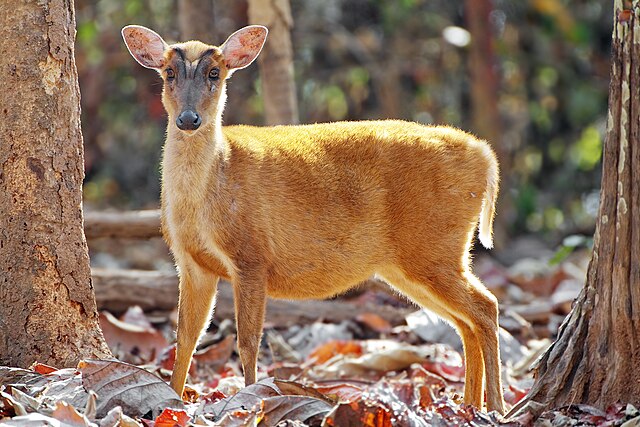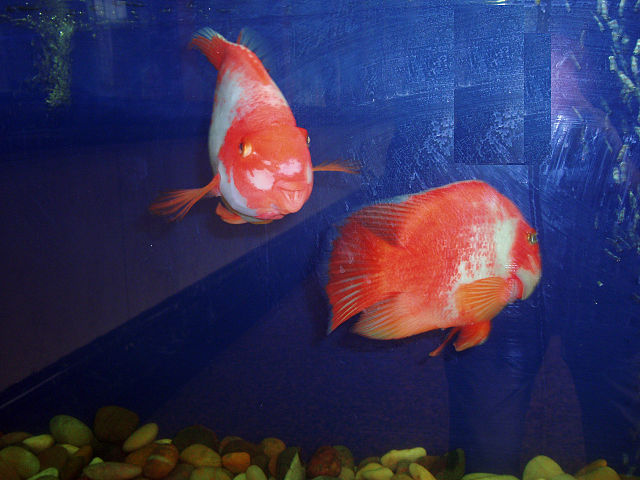
On September 11, 2016, the Ajarn Adul Wichiencharoen Room was inaugurated at the Pridi Banomyong Library, Thammasat University, in the presence of Her Royal Highness Princess Maha Chakri Sirindhorn, Ajarn Adul Wichiencharoen, and many others. In an act of signal generosity, Ajarn Adul has so far donated around 3000 volumes from his personal collection. Revealing his wide intellectual range and many interests, these books include The Autobiography of Bertrand Russell; The Basic Writings of Sigmund Freud; Natsume Soseki as a Critic of English Literature; The Culture of Cities by Lewis Mumford; The Political Writings of John Adams; Rattanakosin Painting; The Demography of Bangkok; and Know about Cats, among many others.
The attractive architectural design of the room, which includes artworks from the personal collection of Ajarn Adul and some bronze sculptures he created himself, also reserves a corner for forest images and sounds of birds, so important to Ajarn Adul. Mr. Stephen B. Young, author of a chapter in the tribute volume to Ajarn Adul just edited by the Thammasat University Archives and published by the Thammasat University Press, makes this clear. Mr. Young, the son of His Excellency Kenneth Todd Young (1916–1972), United States Ambassador to Thailand from 1961 to 1963, recalls visits as a boy to Ajarn Adul’s home on Wireless Road (Witthayu), Lumpini, Pathumwan, Bangkok. There, he and his brother were impressed by
the zoo [Ajarn Adul] had assembled. In the driveway were tanks of Oscar fish, all lively and swimming happily in very clean water… Dr. Adul had small deer from Thailand which mostly stood around as I recall now and there were beautiful birds in cages… I was impressed on meeting a senior Thai, whom my father respected ever so much, who took such a delight in having animals as a prominent part of his household. Somehow that made him stand out in my mind as different, as a leader… He was full of appreciation for life and its possibilities and responded to ideas with alacrity and vision.
Part of this vision was expressed by establishing the TU Faculty of Liberal Arts since, as Ambassador Young informed his son:
Thailand needed this new kind of educational challenge to bring into Thailand a mastery of the world into which the country’s modernization was taking it… Dad acted as if Thai leaders like Dr. Adul were precious resources for the country, leading the way gradually but with determination towards the right future for all. After listening to my dad, I sensed that Dr. Adul’s love of animals and nature revealed his commitment to a kind of Dharma which was transcendent and universal, but part of the natural order which enveloped all of us and gave our lives meaning.

Another essay in the same tribute volume echoes some of these themes. It is by Danny Unger, whose father was His Excellency Leonard Seidman Unger (1917–2010), United States Ambassador to Thailand in 1967, among other diplomatic posts. Ambassador Unger and his wife Anne Unger were friends of Ajarn Adul. Their son Danny vividly recalls the animal life Ajarn Adul surrounded himself with at home. He addressed his reminiscence to Khun Anik Wichiencharoen, daughter of Ajarn Adul:
It would seem that for us, among the most charismatic creatures we associated with your family were a myna bird, a formidable Celebes macaque, and a slow loris. I also recall one of my cousins stalking the tokay [geckos] that lurked behind the beautiful wooden shutters in the room in which we slept (he was only intent on capture and did not hurt them). My sister Nancy was horse mad and during one visit with your parents, had an opportunity to go on an early morning ride with Dr. Adul. She recalls clearly the pleasure she took in the long ride through villages and countryside and her conversation with him… I recollect lying on a hammock beneath the house and watching the patient progress of the slow loris moving toward its meal. I also remember Khun Adul leading my father on a tour of the plants around the house and suspect that your father triggered my father’s passion – he was always an avid gardener – for orchids. Our fathers also had in common an appreciation for birds. They shared their amusement when your father reported excitedly that he had managed to obtain a cardinal, an admittedly magnificently red bird, but one that is rather common in the area around our home in the United States. I suspect that our parents’ respective broad ranges of interests helped to create the firm friendship that existed among them.
Now, the Ajarn Adul Wichiencharoen Room is available to the TU community to further expand international outreach and interests, as well as the appreciation of nature, the arts, and other fields of study. It should help future generations be inspired by the example set by Ajarn Adul, as Danny Unger writes, as a
scholar, administrator, citizen, and nurturer of family and nature.

Another essay in the tribute volume is by Khun Promboon Panitchpakdi, Executive Director of the Raks Thai Foundation, a member of CARE International. The Raks Thai mission statement, according to its website, is to
strengthen the capacity of poor and disadvantaged communities to analyze root causes of problems, determine suitable solutions and participate in development activities.
Khun Promboon, who earned a bachelor of arts degree in sociology and anthropology and a master of arts in public administration, both from Thammasat, works in development planning and administration in agricultural and natural resources, HIV/AIDS prevention, care and support, livelihood, disaster response, rights protection, and gender-related programs. Working with Ajarn Adul at The Southeast Asian Ministers of Education Secretariat (SEAMES) and The Southeast Asia Ministers of Education Organization (SEAMEO), Khun Promboon declares that he learned valuable lessons from the
qualities of Ajarn Adul. Qualities related to accountability, dedication to a larger purpose, observing details, and really listening to your team members, no matter what level or position they held.
For more about the accomplishments of Ajarn Adul Wichiencharoen, see here and here.

(All images courtesy of Wikimedia Commons).
